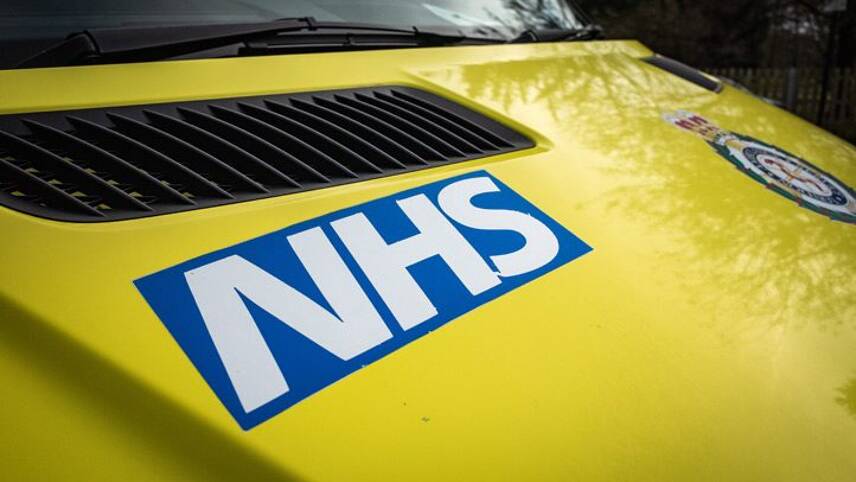Register for free and continue reading
Join our growing army of changemakers and get unlimited access to our premium content

NHS Shared Business Services (NHS SBS), launched its inaugural ‘Sustainable Healthcare Recycling & Waste Management’ framework agreement in collaboration with Barts Health NHS Trust, Greater Manchester Mental Health NHS Foundation Trust, Pennine Care NHS Foundation Trust, Bolton NHS Foundation Trust and various suppliers.
The ‘Sustainable Healthcare Recycling & Waste Management’ framework aims to give NHS organisations and the wider public sector access to vetted vendors that can promote and provide innovative waste management solutions that reduce emissions.
Examples include new pyrolysis technology, onsite bio-digesters and food recycling management. The NHS will be able to buy these solutions compliantly in a way that is cost-effective and accelerates decarbonisation.
NHS SBS’s principal category manager Emma Clyne said: “Sustainability in healthcare waste management has moved from a ‘nice to have’ position, to a focal objective where trusts will be required to undertake work to implement the new guidance.
“For context, the clinical waste strategy says that every year, NHS providers produce approximately 156,000 tonnes of clinical waste – equivalent to over 400 loaded jumbo jets of waste – that is either sent to high temperature incineration or for alternative treatment. This has a significant environmental impact and is associated with high running costs and carbon emissions.”
Waste strategy
The NHS’s clinical waste strategy published in March 2023, sets out NHS England’s ambition to transform the management of clinical waste by eliminating, reusing and processing it in the most cost effective and sustainable way. It includes a target to reduce emissions produced from waste management by 80% by 2032.
The NHS’s overall climate commitment is to cut emissions across all scopes by 80% by 2032, or sooner if possible, on the road to net-zero by 2040.
It was revealed that around half of NHS Trusts are not on track to meet their decarbonisation targets. Historically, the NHS has reduced emissions by just 1% each year, but the level of annual reductions will need to hit 8% if the 2040 net-zero target is to be delivered.
According to the Centre for Circular Economy at Exeter University the supply chain accounts for 62% of all NHS emissions. A report from the University suggested that the Government would do well to help the NHS better engage with suppliers to “move beyond energy efficiency and incremental innovation to systemic innovation”.
The report recommends that the NHS should implement new requirements for suppliers to measure and reduce their own Scope 3 (indirect) emissions and to showcase circular economy solutions.
Requirements could be included on a mandatory basis within procurement contracts; for example, eco-design principles are already detailed as standard in the procurement of equipment including MRI scanners.
This would go beyond current plans for all suppliers with contract values over £5m to have a carbon reduction plan for all emissions by 2027; for all products supplied to the NHS to have a carbon footprint by 2028; and for all suppliers to regularly report progress on cutting emissions from 2030.
Mission Positive: To net-zero and beyond in the NHS
For this report, produced with assistance from our supporting partners Centrica Business Solutions, edie will explore the drivers, challenges and opportunities when it comes to accelerating decarbonisation across the NHS, along with the steps that can be taken to embrace a ‘net-positive’ philosophy.
—DOWNLOAD THE NHS SPOTLIGHT REPORT HERE—


Please login or Register to leave a comment.